
Seminar for Military and Intelligence Trainers and Instructors
Infusing Robust Critical Thinking Into Military and Intelligence Courses
Learn the Approach to Critical Thinking Explicated in Army Techniques Publication TC 2-33.4: Intelligence Analysis - and How to Teach it to Others
Seminar was held at Compton Gardens
in Bentonville, Arkansas
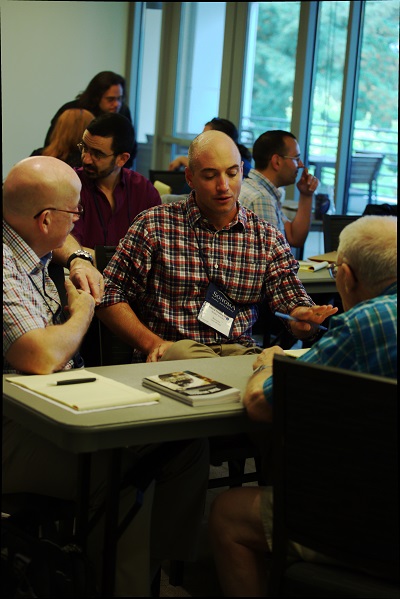 For many years, the military arena has embraced the work of The Foundation for Critical Thinking. Because of the robust and integrated nature of our work , our framework remains the only explicit approach to critical thinking instruction detailed for use in an Army Techniques Publication (ATP 2-33.4 - Intelligence Analysis ). The Paul-Elder Framework for Critical Thinking ™ is used throughout military programs in all branches and within the intelligence community at many levels. Our approach has been implemented at the U.S. Naval War College, at Georgia Military College, at Fort Leavenworth’s U.S. Army Command and General Staff College, and at many other government and military institutions.
For many years, the military arena has embraced the work of The Foundation for Critical Thinking. Because of the robust and integrated nature of our work , our framework remains the only explicit approach to critical thinking instruction detailed for use in an Army Techniques Publication (ATP 2-33.4 - Intelligence Analysis ). The Paul-Elder Framework for Critical Thinking ™ is used throughout military programs in all branches and within the intelligence community at many levels. Our approach has been implemented at the U.S. Naval War College, at Georgia Military College, at Fort Leavenworth’s U.S. Army Command and General Staff College, and at many other government and military institutions.
Th e Foundation for Critical Thinking continues to play a vital role in developing informed , efficient military leaders and personnel who communicate effectively and want to advance substantive critical thinking through their work in the U.S. Military .
We invite all military and intelligence educators, trainers, and facilitators to join us for our first seminar and course designed specifically for you. This course will be led by retired Navy Captain Robert Niewoehner, Ph.D. - an experimental test pilot and aerospace engineering educator - and Dr. Linda Elder, international authority on critical thinking and educational psychologist .
The seminar and course will begin with three days of interactive workshops that will enhance your understanding of critical thinking and how to best foster it in your courses and training programs. The seminar will be followed by a voluntary one-hour webinar on Tuesday, April 9th , which will be followed by a second voluntary one-hour webinar on Tuesday, April 23rd . The follow-up webinars are designed to help you continue advancing in critical thinking by learning to develop your own practice activities and processes under the direction of our critical thinking experts. Certificates of Completion will be available at the end of the process.
The seminar will be held in a retreat setting in beautiful Northwest Arkansas, near globally-renowned Crystal Bridges Museum and world-class biking trails. Participants will stay in local hotels and rentals of their choosing.
The purpose of this seminar and course is to cultivate higher understandings of critical thinking concepts and principles within your departments, institutions, branches, and throughout all education programs in the military and the intelligence community. Through this seminar and course, you will learn to better employ critical thinking in reasoning through issues and problems every day. You will learn processes for better promoting substantive critical thinking, and for improving decision-making abilities within your education and training courses.
Through this seminar, you will be better able to help students :
A primary aim of this seminar and course is to help you understand the fundamentals of critical thinking, and to better bring them into your coursework routinely and systematically. 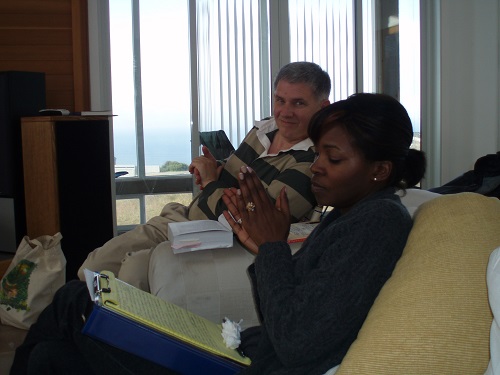 Through this training, you will come to recognize explicitly that critical thinking is not something to add to what you already do, but is rather a way of dealing with all significant questions and problems in military and intelligence work. Cultivating a robust conception of critical thinking over time, your students and trainees will come to recognize the essential relationships between critical thinking and these fundamental skills and characteristics:
Through this training, you will come to recognize explicitly that critical thinking is not something to add to what you already do, but is rather a way of dealing with all significant questions and problems in military and intelligence work. Cultivating a robust conception of critical thinking over time, your students and trainees will come to recognize the essential relationships between critical thinking and these fundamental skills and characteristics:
This seminar and course is designed to empower you to help your students and trainees:

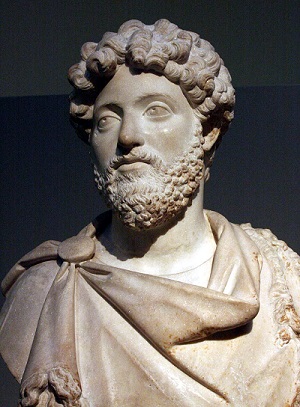 intricacies of the world in which we find ourselves. The question of how to survive and succeed in this new context (and those which will face us three, five, ten, and twenty years from now) is a question continually being transformed. Accelerating change, increasing complexity, and intensifying danger have sounded the death knell for traditional methods of thinking and instruction. How do we adapt to reality when reality seemingly won’t give us time to master it before it changes itself, again and again, in ways we can but partially anticipate? The only answer is to revolutionize our thinking; yet, the crucial need for ever-new modes of thought – modes which adapt to emerging problems and situations in new and humane ways – is ignored by most people, organizations, and cultures today.
intricacies of the world in which we find ourselves. The question of how to survive and succeed in this new context (and those which will face us three, five, ten, and twenty years from now) is a question continually being transformed. Accelerating change, increasing complexity, and intensifying danger have sounded the death knell for traditional methods of thinking and instruction. How do we adapt to reality when reality seemingly won’t give us time to master it before it changes itself, again and again, in ways we can but partially anticipate? The only answer is to revolutionize our thinking; yet, the crucial need for ever-new modes of thought – modes which adapt to emerging problems and situations in new and humane ways – is ignored by most people, organizations, and cultures today.
| Registration Option | Price Per Attendee |
|---|---|
| Early Registration Register by December 17, 2018 |
|
Standard Registration Available December 17, 2018 - March 26, 2019 |
|

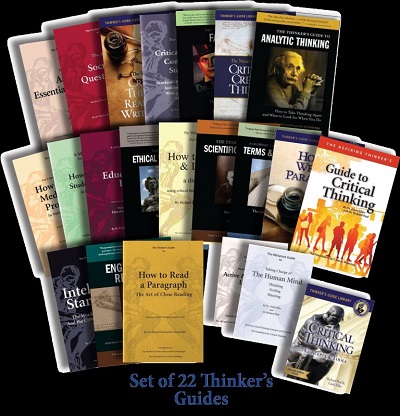 in learning critical thinking. Visit our bookstore to see the many guides we offer for use in teaching and learning critical thinking.
in learning critical thinking. Visit our bookstore to see the many guides we offer for use in teaching and learning critical thinking. We also offer customized professional development training in critical thinking – both on-site and online – for military and intelligence faculty, leaders, and other personnel. In our courses and other training, we help military, intelligence, and other government personnel contextualize critical thinking within their work and learn how best to employ critical thinking in reasoning through the complicated challenges they face every day. To learn more about our professional development opportunities, please submit a Professional Development Information Request Form or email Ms. Rachael Collins at collins@criticalthinking.org.
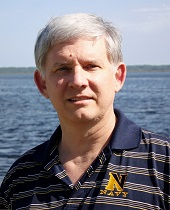
Dr. Rob Niewoehner
Dr. Rob Niewoehner is an aerospace engineering educator and experimental test pilot, his second career after 34 years in uniform and retiring as a Navy Captain. He authored Engineering our Thinking: Critical Thinking for Technical Professionals (2018). He co-authored the two-volume Flight Test Engineering as well as The Thinker's Guide to Engineering Reasoning . His collaborations with Drs. Richard Paul and Linda Elder date to 2005, when he realized that his own teaching wasn’t having the impact he desired on his students’ intellectual development. He credits Paul and Elder’s mentorship for the awards he’s since received as an engineering and military educator.

Dr. Linda Elder
Dr. Linda Elder is an educational psychologist and a prominent authority on critical thinking. She is President and Senior Fellow of the Foundation for Critical Thinking, has taught psychology and critical thinking at the college level, and has given presentations to more than 50,000 educators. She has coauthored four books and 24 Thinker's Guides on critical thinking. Concerned with understanding and illuminating the relationship between thinking and affect, and the barriers to critical thinking, Dr. Elder has placed these issues at the center of her thinking.